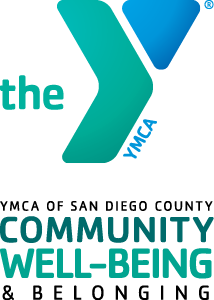You might be wondering why we are talking about mental health at all for young children. A common misconception is that mental health means there’s something wrong, but the reality is that we all have mental health. Similar to physical health, we can be mentally healthy or unhealthy. When we think about children’s mental health, a key component is relationships.
Zero to Three defines infant-early childhood mental health as “developing capacity of the child from birth to 5 years of age to form close relationships, manage and express emotions, and explore the environment and learn.” During these early years, we learn about relationships and emotions from the interactions we have with the adults who care for us. Not only do these relationships help us to build skills for social emotional development, but they also can reduce the impact of negative experiences. Research shows that having two adults that have a genuine interest in a child can decrease the long-term effects of Adverse Childhood Experiences (ACES).
One of the ways adults can support children’s mental health is through looking at their own early experiences. Reflecting back on our experiences can support in identifying key values and practices you’d like to put into place with the children in your life.
Here are some questions to get you started:
- When was a time you felt nurtured and loved in a relationship? What made you feel that way? How might you put that experience into practice with the children in your life?
- How did you learn about emotions when you were young? Who did you learn from? How do you talk about emotions with the children in your life now?
- What joyful memories do you have from childhood? What made those moments special? Are there ways you share joy with the children in your life?
- What does hope mean to you? What contributes to your sense of hope? How do you imagine fostering hope with the children in your life?
NEED ADDITIONAL IDEAS OR SUPPORT?
One of the most important ways to support children during this time is to ask how their caregivers are doing. We are offering a behavior consultation warm-line to families and child care providers. Through phone-based support, we offer a listening and empathic ear to problem-solve challenges with parenting, support in coping with the current stressors, and guidance in helping children understand what is going on. These brief consultations are free and confidential. To get started, email us at [email protected].
For more information, visit our Behavior Consultation Services webpage.


